
If a doctor wants to get me riled up, all they have to do is use their credentials as justification to talk about guns. In fairness, history has shown me that if I want to rile up doctors, all I have to do is express my opinions of their profession when it comes to guns.
In truth, there are a lot of doctors who don’t like the AMA’s anti-gun line. I’ve talked to them.
But it’s easy to forget that part when large groups of them are stepping up to tell us all about how we need to pay attention to gun-related violence.
Healthcare providers assembled at hospitals across the country Monday for Stand Safe, an initiative co-founded by retired U.S. Air Force Col. Dean Winslow, Stanford’s Professor of Medicine, and Sarabeth Spitzer, a fourth-year medical student and Harvard graduate.
Presenters wore blue scrubs with the SAFE (Scrubs Addressing the Firearms Epidemic) logo and spoke about the medical realities — and difficulties — of treating gunshot wounds, both in the immediate aftermath and long-term.
“We’re looking at this from the perspective of people who care for victims of gun violence — including children — and as people who also have actually seen gun violence up close,” Winslow told Stanford News. “And we really feel that our country can do better in terms of reducing the terrible toll.”
“We need to do thorough, nationwide research to figure out what are the most effective ways to prevent these injuries,” Spitzer said. “And once we have evidence to show certain policies are effective, we should implement those policies as soon as possible.”
Here are a couple of takeaways from this.
One, they’re acknowledging that there’s no evidence that current gun control proposals work. Why else would they need research to figure out the most effective ways to prevent violence?
Frankly, I also have no issue with that. I’ve been calling for the same thing for my entire time here at Bearing Arms. I’ve argued that we’d do better to find the causes of violence and create policies dealing with that rather than taking away one weapon and hoping the violent people won’t find another.
But on the same token, a lot of this really has little to do with physicians.
Yes, I’ll agree there are times when it makes sense for a doctor to talk with a patient about firearms. Teaching gun safety to someone who has been shot as a result of negligence with a firearm, for example. There are other times as well. I’m not about to argue that point.
But, it seems like these particular doctors want to get more involved in their patients’ lives when it deals with guns.
In the process, though, it’s likely to create distrust between physicians and their gun-owning patients who are likely to resent the intrusion. Various gun groups are rife with stories of doctor’s prying about firearm ownership during even routine visits, and the resentment is evident.
However, if we focused on looking at ways to prevent violence itself–which I can’t help but believe is the most effective way to prevent firearm-related injuries–then we wouldn’t need any of that stuff, now would we?



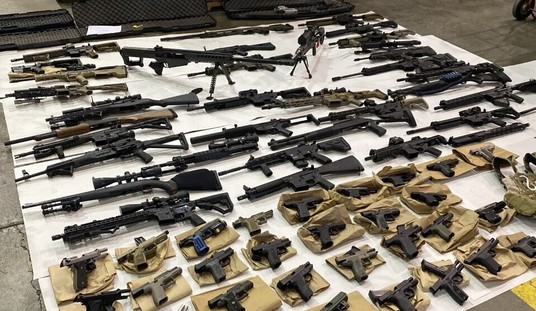
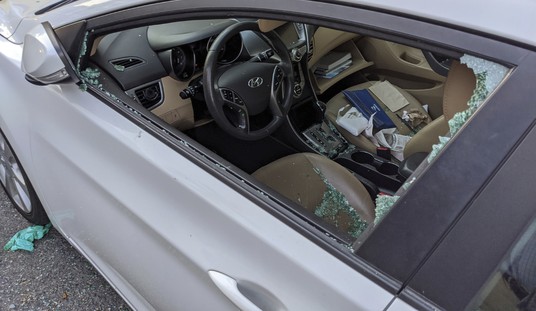
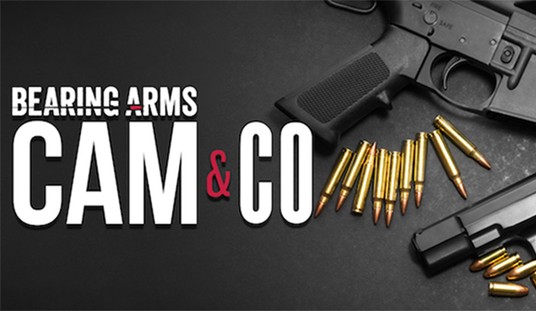
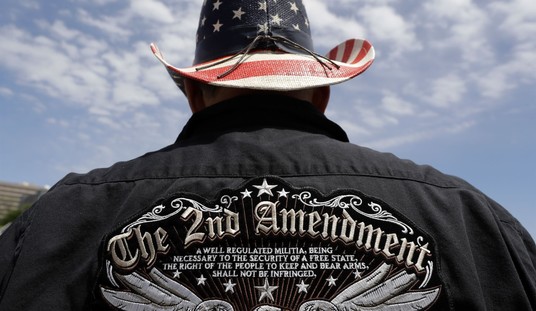
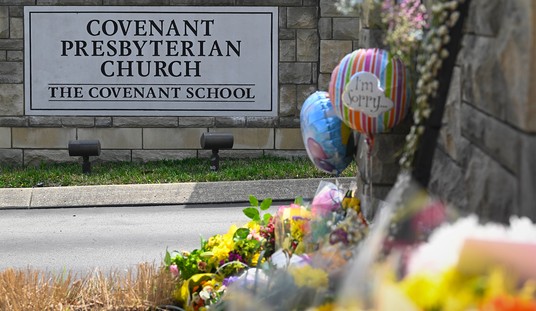
Join the conversation as a VIP Member